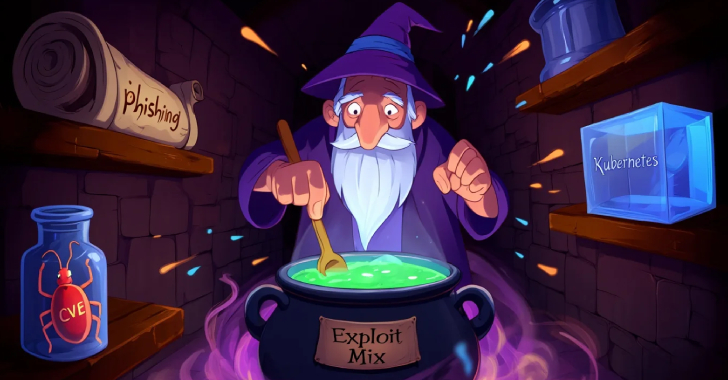
How GRC (Governance, Risk, Compliance) Can Help Keep Your Company Secure
When you glance at the headlines, you’ll often find stories about data breaches, hefty fines for non-compliance, and businesses struggling to maintain their reputation. Security and compliance are no longer mere buzzwords—they’re paramount to the survival and success of businesses. Enter GRC or Governance, Risk, and Compliance. At the heart of GRC is a holistic strategy aimed at safeguarding businesses. But how does it work, and what does it entail? Let’s delve into the world of GRC to uncover its value.
What is GRC?
GRC represents three fundamental pillars that work harmoniously:
- Governance: This pertains to the strategies, processes, and policies that define how a company operates and ensures that its activities align with its objectives and stakeholders’ expectations.
- Risk Management: This involves identifying, assessing, and managing risks that might impede a company from achieving its objectives.
- Compliance: This ensures that a company adheres to external laws, regulations, and standards, as well as internal policies and procedures.
So, what’s the connection between GRC and security? It’s straightforward: by integrating these pillars, organizations can develop a comprehensive framework that not only keeps them compliant with industry standards but also fortifies their defenses against threats.
The Role of GRC in Business Security
- Holistic View of Risks
Traditional risk management often happens in silos. The IT department handles digital risks, while finance tackles financial risks. However, in an interconnected environment, isolated strategies might overlook crucial vulnerabilities. GRC provides an integrated approach, ensuring all risks are addressed collectively, thereby offering a full picture of the company’s exposure.
- Informed Decision-making
By implementing GRC, companies can make well-informed decisions. Whether it’s deploying a new software solution, entering a new market, or investing in a startup, having a clear understanding of the associated risks can guide leaders in making choices that prioritize security.
- Proactive Compliance
Regulations like GDPR, CCPA, or HIPAA aren’t just boxes to check; they’re designed to protect consumers and guide businesses. By focusing on compliance as a proactive endeavor, GRC ensures that the company is always prepared for regulatory changes, thus minimizing the risk of non-compliance penalties.
- Streamlined Processes
The integration offered by GRC tools means there’s a reduction in duplicate efforts. With centralized data collection, risk assessments, and policy management, GRC can help businesses operate more efficiently. Streamlined processes don’t just save time and money; they reduce human error—a significant factor in many security breaches.
- Culture of Security and Compliance
GRC isn’t just about software or tools. It’s about fostering a culture where every stakeholder, from top executives to the newest recruit, understands the importance of security and compliance. Such a culture ensures that security is always at the forefront of decision-making.
Staying Ahead with GRC
Here’s a hypothetical. Imagine Company A, a flourishing e-commerce business. They pride themselves on their robust IT infrastructure. But, when regulations change, they scramble to adapt. Meanwhile, Company B, their competitor, implements a GRC framework. They’re not just reactive; they anticipate potential risks, streamline their processes, and ensure that every team, from marketing to finance, understands the importance of compliance and security.
Now, when a new regulation comes into play or a novel security threat emerges, which company do you think is better poised to respond effectively?
Indeed, GRC isn’t just about survival—it’s about thriving in an unpredictable business landscape.
The Bottom Line
In our interconnected world, security breaches and non-compliance aren’t just IT or legal problems; they’re business problems. They can harm a company’s reputation, its financial bottom line, and its operational future. By integrating Governance, Risk Management, and Compliance into a cohesive strategy, companies aren’t just building a defensive wall; they’re crafting a strategic advantage.
While it may seem like a hefty investment initially, the ROI of GRC in terms of safeguarding assets, reputation, and future growth is undeniable. In the landscape of modern business, GRC isn’t just an option—it’s a necessity.
Contact Cyber Defense Advisors to learn more about our Governance Risk Compliance (GRC) solutions.





